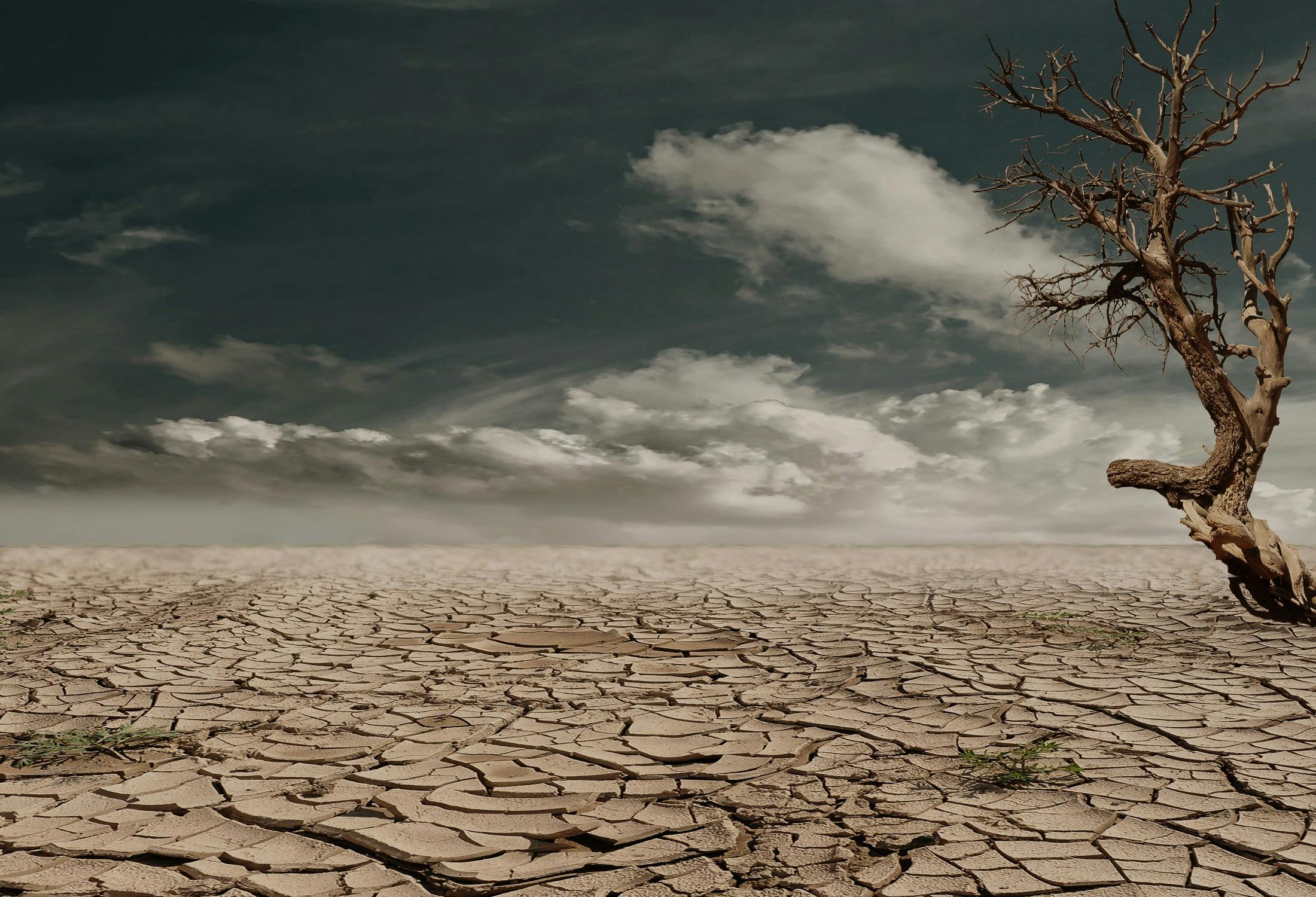"A Deep Dive into the Legal Consequences of Climate Change"
Climate change is no longer just an environmental issue—it's a legal one too. With global temperatures and sea levels rising, governments and legal systems worldwide are grappling with the legal consequences of climate change. This article will delve into the legal implications, focusing on how evolving climate change laws are shaping our societies.

Climate Change and Law: A Historical Perspective
Climate change law is a relatively new field that emerged in the late 20th century. Initially, it focused primarily on the regulation of greenhouse gas emissions through international treaties such as the Kyoto Protocol. However, as the impacts of climate change have become more pronounced, the scope of climate change law has broadened. Today, it encompasses a wide range of legal issues, from domestic environmental regulation to international human rights law.
The Rise of Climate Litigation
One significant development in recent years is the rise of climate litigation. Increasingly, individuals, communities, and NGOs are using the courts to hold governments and corporations accountable for their contributions to climate change. These lawsuits are often based on tort law principles, such as negligence and nuisance. They argue that the defendants, by failing to reduce greenhouse gas emissions, have caused harm to the plaintiffs.
Climate Change and Human Rights Law
Another trend is the intersection of climate change and human rights law. Several lawsuits have argued that climate change violates fundamental human rights, such as the right to life, health, and a healthy environment. For instance, the landmark Urgenda case in the Netherlands saw the Dutch government ordered to reduce greenhouse gas emissions to protect its citizens’ human rights.
The Role of International Law in Climate Change
International law also plays a crucial role in addressing climate change. The Paris Agreement, for instance, is an international treaty that sets out a global framework to avoid dangerous climate change. However, the enforceability of international climate commitments remains a contentious issue.
The Future of Climate Change Law
Looking forward, climate change law is likely to continue evolving in response to the ongoing climate crisis. Key areas of future development may include the recognition of new legal rights (such as the right to a stable climate), the expansion of corporate responsibility for climate change, and the development of new legal mechanisms to facilitate climate adaptation and resilience.
In conclusion, the legal consequences of climate change are multifaceted and far-reaching. As the climate crisis deepens, law and legal systems worldwide will continue to play a crucial role in shaping our collective response. Through climate litigation, human rights law, and international law, we can ensure that those responsible for climate change are held accountable and that vulnerable communities are protected. The challenge now is to ensure that our legal systems are up to the task.




